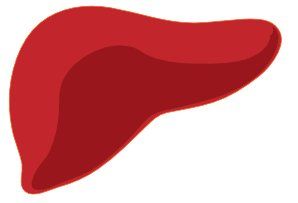In many cases, liver transplantation is threatened by hepatitis C virus (HCV) infection. A European consortium hopes to improve liver graft survival through the administration of antibodies that block virus infection.
Hundreds of millions of people are infected with HCV worldwide.
Persistent HCV infection is the principal cause of severe liver disease
and the leading indication for liver transplantation. Regardless of
organ availability and procedure success, the transplanted liver becomes
rapidly re-infected and is destroyed a few years from transplantation.
Despite the plethora of drugs available for the treatment of chronic HCV infection, safer alternatives with fewer side-effects are urgently needed. Scientists on the EU-funded
HEPAMAB (Human monoclonal antibody therapy to prevent hepatitis C virus reinfection of liver transplants: advancing lead monoclonal antibodies into clinical trial) project propose to develop monoclonal antibodies that target virus entry as a means of preventing re-infection of the transplanted liver. In essence, this therapeutic approach will expand the life of the transplanted liver in HCV patients.
Researchers tested a number of monoclonal antibodies in vitro and at the pre-clinical level in vivo for their capacity to prevent HCV infection. Efforts are also dedicated to improving the potency of these antibodies to reduce the therapeutic dose required. A pipeline of antibody production is underway with the aim of producing GMP level antibodies.
Results so far highlight one lead anti-receptor antibody with anti-viral activity and its mode of action is currently being investigated. Partners are additionally exploring the possibility of combining anti-viral with anti-receptor antibodies for a better outcome.
Ultimately, the HEPAMAB project will progress these antibodies to a clinical trial to test their capacity to prevent HCV re-infection in transplanted livers. Considering the socioeconomic burden of HCV infection, this new therapeutic approach brings hope to the millions of sufferers who may require liver transplantation.
